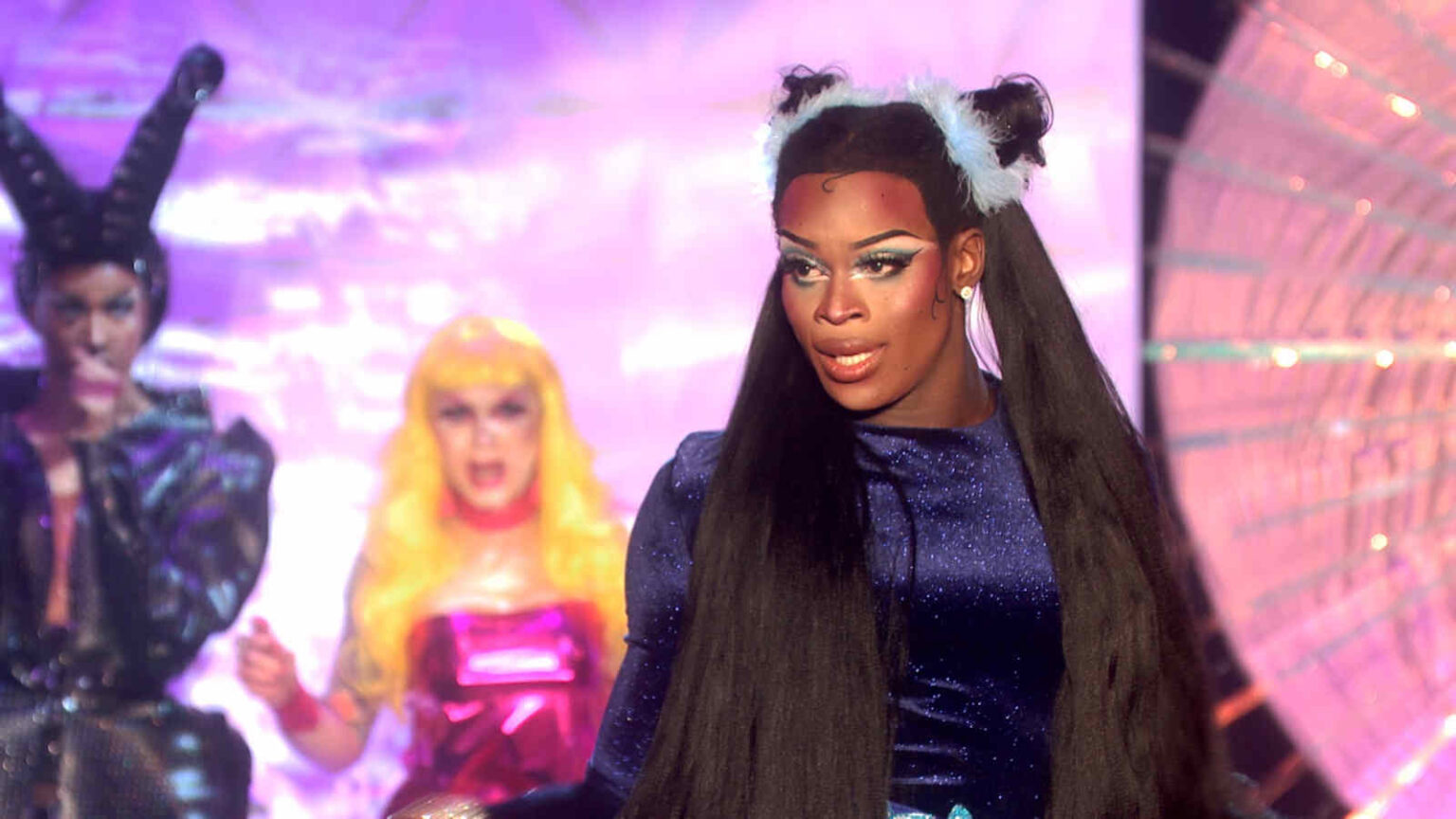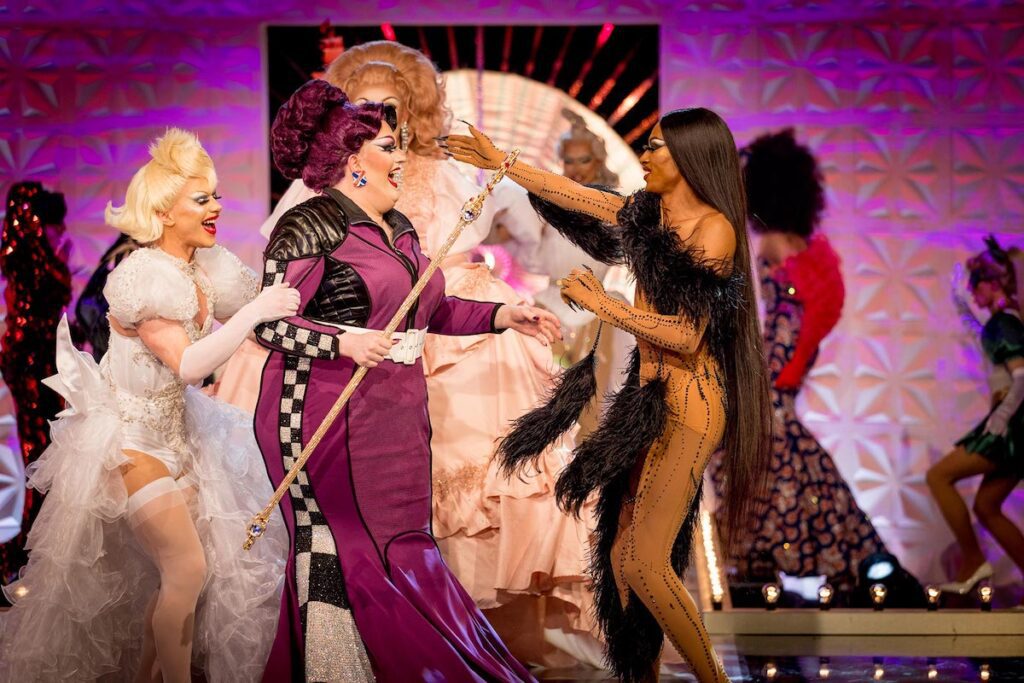
Why is this drag queen story hour in Wadsworth, Ohio so important
Could there be a better time for a triumph of the LGBTQ+ community than right in the heart of Pride Month? The vibrant colors of freedom are spreading across Tennessee after a significant federal court ruling overturned a contentious law restricting drag performances, spotlighting the ongoing battle for LGBTQ+ rights.
In an act that took a defiant stand for the LGBTQ+ community, Judge Thomas Parker ruled that the Adult Entertainment Act was unconstitutional, a decision that was hailed as a landmark victory for freedom of speech. This ruling came down just as March was drawing to a close and was met with a sigh of relief by the defenders of queer culture in the state.
Let’s take a deep dive into the drag queen drama and see if any of this hate is ever warranted towards anyone.

The backlash
Initiated by Tennessee’s Governor Bill Lee, the restrictive bill specifically targeted “male and female impersonators” in public spaces, stoking a fire of dissent among the LGBTQ+ community. Yet, amidst this storm of controversy, a Memphis-based theater group, Friends of George’s, stood firm, their defiance crystallizing into a lawsuit that challenged the state and its discriminatory law.
The state’s defense presented a rather shaky argument, proposing that the law was necessary to shield minors from potential indecency. Judge Parker, however, was quick to point out the unnecessary nature of the bill, reminding the court that Tennessee already has comprehensive laws banning obscenity.
This, in a way, echoed the sentiment of the LGBTQ+ community, who saw the law as a thinly-veiled attack on their freedom of expression.
The timing of Parker’s decision was impeccably symbolic, coming just before the annual Pride festival in Memphis. The lawsuit initially included Governor Bill Lee and State Attorney General Jonathan Skrmetti as defendants, and while their names were eventually removed, the impact of the ruling resonated across the entire state.
Skrmetti vowed to appeal the decision, insisting that the law remains in effect in the state’s other ninety-four counties despite its unconstitutional status. But the question remains: will an appeal withstand the momentum of this progressive victory?

Standing up
However, the legal victory in Tennessee was bittersweet, as an ugly clash marred a drag queen storytelling event in Wadsworth’s Memorial Park. Protesters and supporters of the LGBTQ+ community congregated at the park, resulting in tensions that erupted in arrests, allegations of racial slurs, and incidents of violence.
The situation became especially heated when a protester allegedly pointed a gun at the crowd. Despite the subsequent clarification that the weapon was designed to shoot pepper spray, not bullets, the event stirred shockwaves across the nation. Wadsworth Police Chief Dan Chafin acknowledged the presence of footage capturing the incident but remained tight-lipped pending further investigation.
Yet, amidst the chaos, one thing remained clear: the fight for acceptance and tolerance was far from over.

March forward
The controversy did not prevent the “Rock-n-Roll Humanist Drag Queen Story Hour” from proceeding as planned. As the event unfolded, it was met with vitriolic slurs and aggressive resistance from groups of protesters. Yet, in the face of adversity, supporters of the event held their ground, asserting their goal was not to “turn children gay” but to “keep gay children alive.”
Unfortunately, this wasn’t an isolated incident. Similar disruptions have occurred nationwide, with events from Boston to Colorado being targeted by white supremacists and white nationalist groups.
Despite the hostility, groups like the Parasol Patrol, a nonprofit that supports progressive events, stood tall with their rainbow umbrellas, shielding parents and children from the protesters.
_



